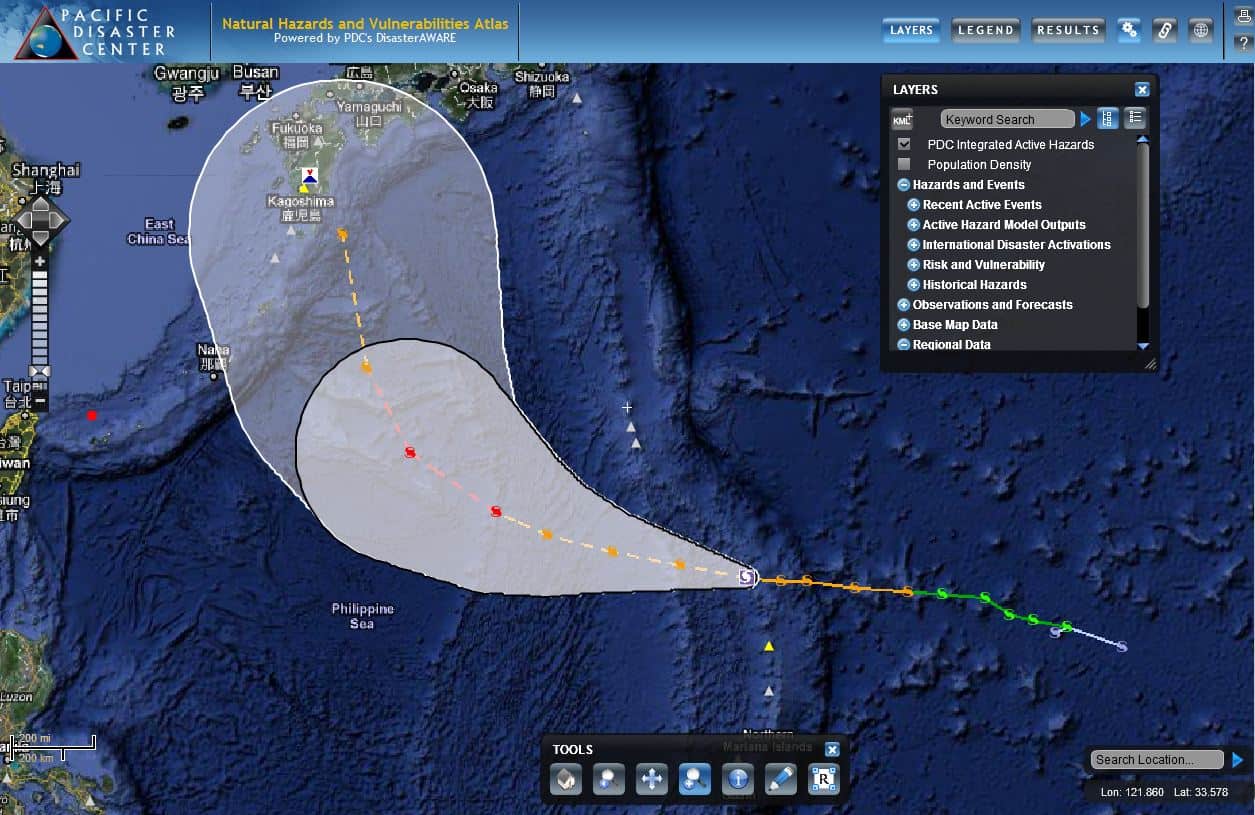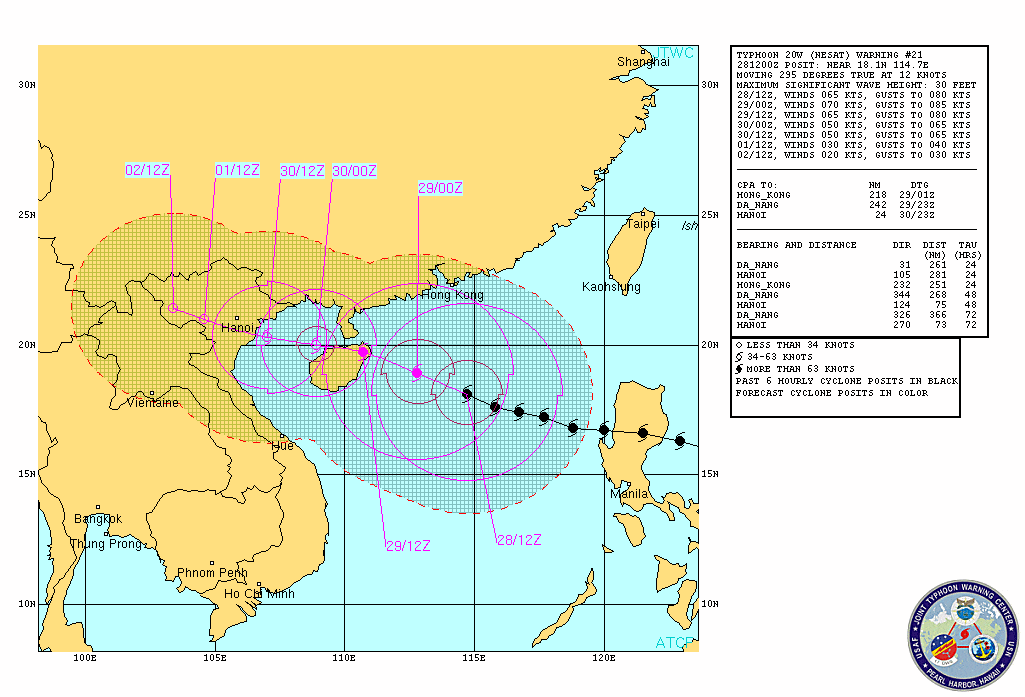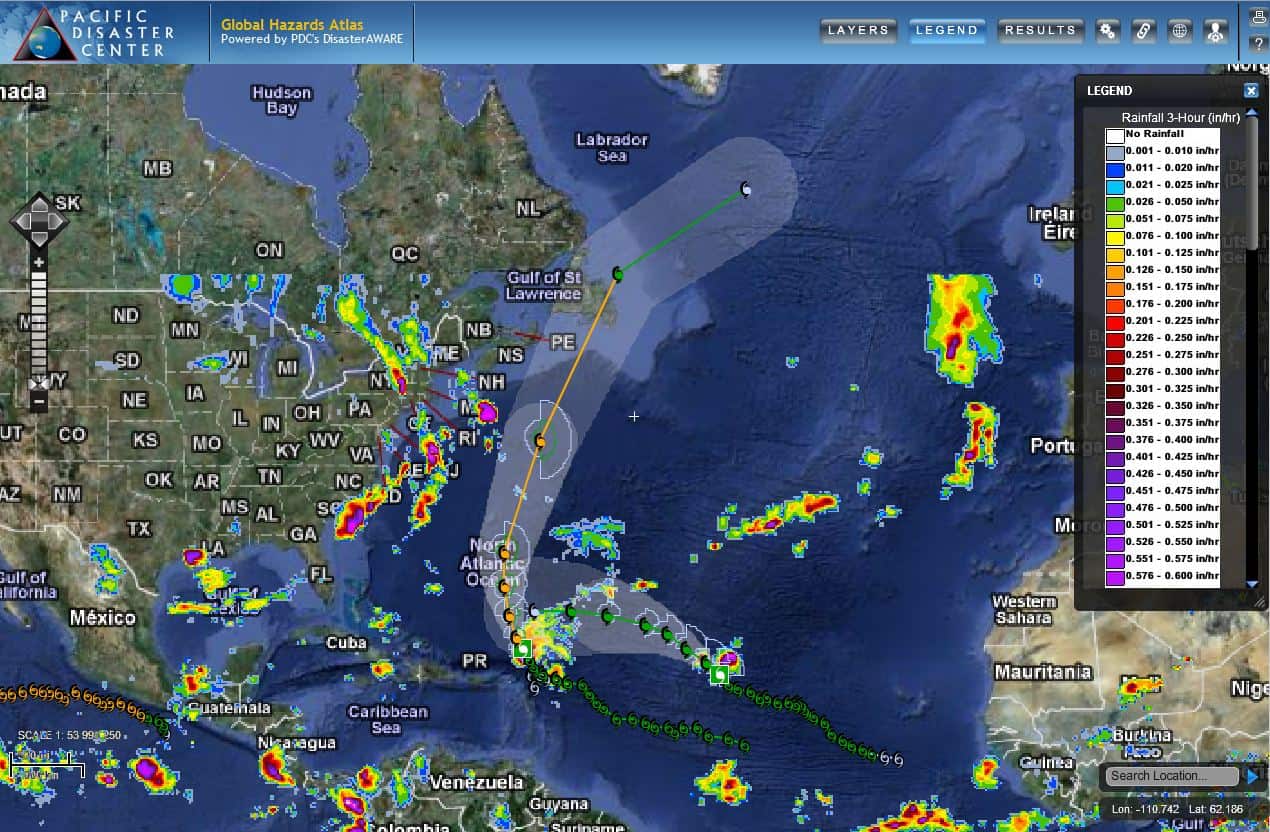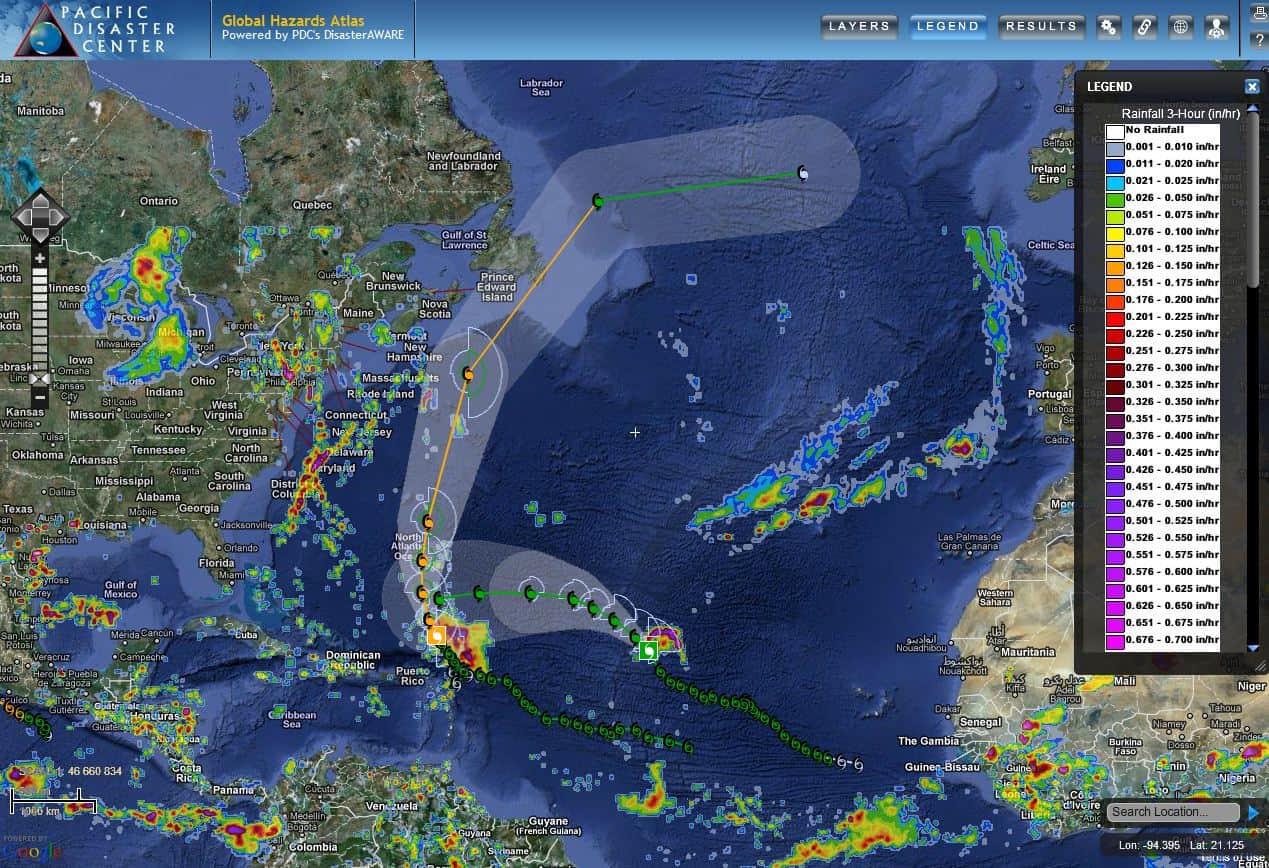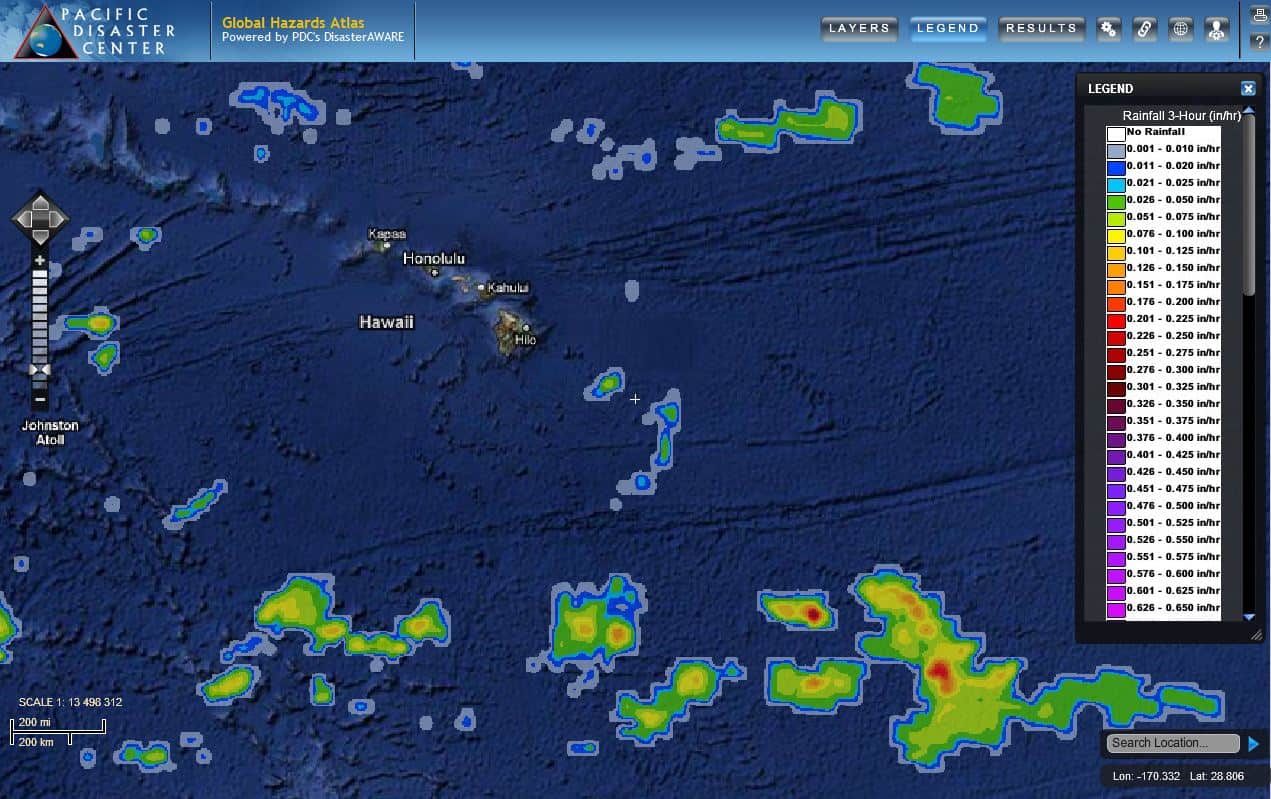Facing a range of life-threatening natural hazards and challenges exacerbated by climate change, Cabo Verde has joined a growing number of island nations enlisting the help of the Pacific Disaster Center (PDC). PDC is an applied science and research center under the University of Hawaii that is collaborating with nations around the world to conduct in-depth national assessments of disaster preparedness and risk. PDC’s National Disaster Preparedness Baseline Assessment (NDPBA) is a scientific, data-driven tool developed to aid disaster risk reduction and climate change adaptation efforts worldwide. It investigates the driving forces of risk at a granular level to inform national and subnational decision making. The NDPBA also contextualizes risk by quantifying preparedness and resilience and working with stakeholders to map a strategy for action. This allows disaster management and humanitarian assistance professionals to readily act on results.
“We live in a time of enormous unpredictability. Climate change is already a phenomenon with which we have to live. This phenomenon imposes on everyone a paradigm change that necessarily involves a more careful and balanced management of disaster risks,” said Captain Ronaldo Rodrigues, President of Cabo Verde’s national disaster management organization Serviço Nacional de Protecção Civil (SNPC). SNPC co-hosted the initial workshop for the baseline assessment in partnership with PDC in Praia, Cabo Verde on October 23, 2019. During the workshop, Captain Rodrigues described Cabo Verde’s geographic and societal landscape, and illustrated how widely exposed and vulnerable the archipelago is to disaster risks. “Chronic floods and droughts, extreme weather conditions, and catastrophic events such as volcanic eruptions demonstrate the need to take action to mitigate underlying risk factors. In particular, we must reduce exposure and vulnerability, and adopt integrated approaches to disaster preparedness, response, and recovery.”
Supporting the need for interventions to combat these disruptive and life-threatening forces, U.S. Ambassador to Cabo Verde Jeff Daigle provided opening remarks at the workshop, emphasizing the need for Cabo Verde, and nations like it, to employ a scientific approach in policy and planning. “This assessment will bring recommendations that will help Civil Protection and other organizations make smarter investments based on resource efficiency, while preparing the country to face the worst scenarios,” said Ambassador Daigle. The Ambassador was joined in his support by more than 50 key stakeholders from a variety of sectors who also attended the workshop. Among them were Cabo Verde’s first response agencies, academic institutions, ministries for health, transportation, environment, gender and children’s affairs, the institute of meteorology and geophysics, and a range of non-governmental organizations including the United Nations Development Programme (UNDP).
“For more than 20 years, PDC has worked collaboratively across borders and with numerous international and regional organizations to develop anticipatory sciences, technologies, and data-driven tools to help reduce disaster risk,” said Tim Manning, PDC’s Director of Washington D.C. Operations following the event. He said the NDPBA brings all these disciplines together and highlighted the importance of the program by saying, “If left unaddressed, the challenges Cabo Verde currently faces with salinization of fresh water, the rising scale and intensity of tropical storms, coastal destruction, drought, and diminished food and energy security are likely to grow more pronounced and harder to manage.” Manning described how, as an applied science and research center located in one of the world’s most remote island chains, PDC shares similar hazards and risks with Cabo Verde. “We take great interest in this field of study as we too are vulnerable. The assessments conducted through the NDPBA program aim to build a collective knowledge base rooted in the best available science. Together, we are building a global network to continuously advance this field of study so we are all better prepared to face the risks of today and the challenges that lie ahead.”

